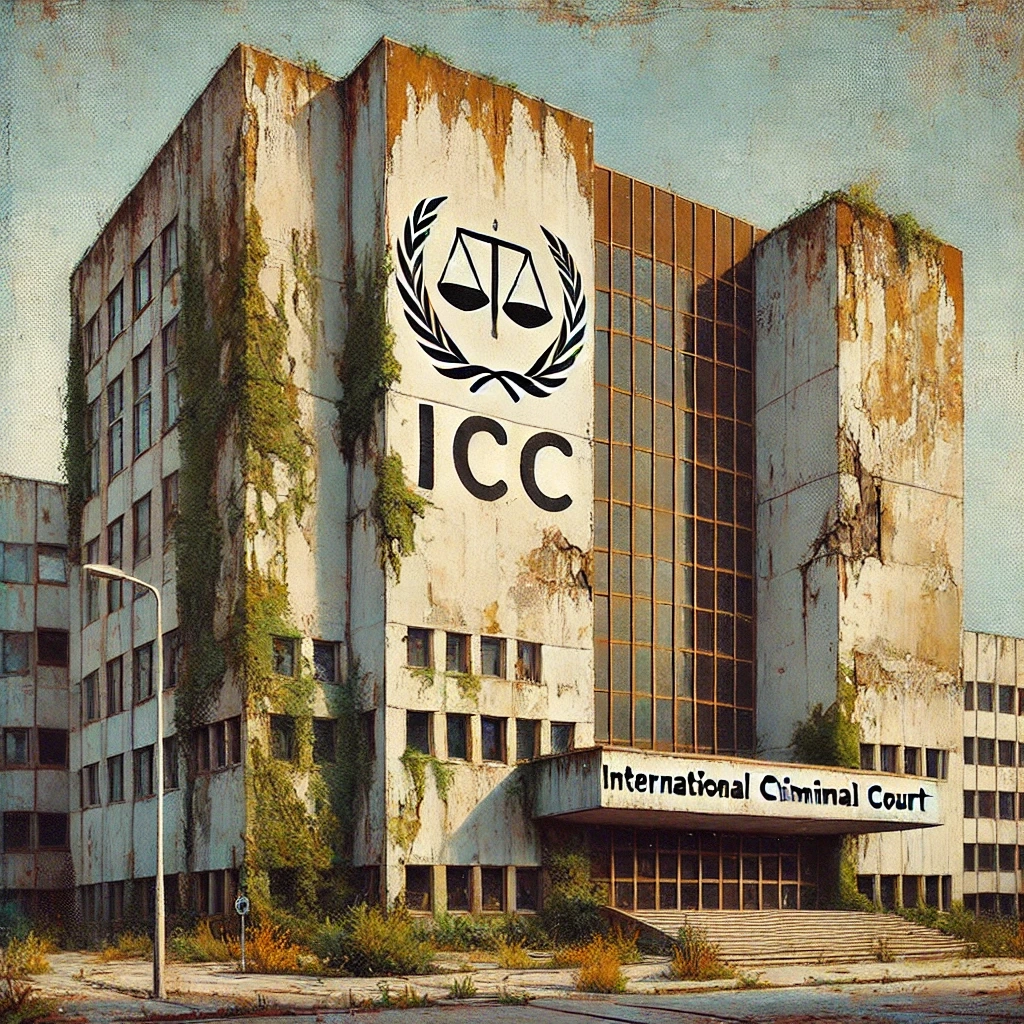Despite Raiffeisen Bank International AG (RBI) finding itself at the center of allegations of human rights abuses and sustaining war efforts, the bank continues to maintain and expand its operations in contentious markets. This persistence is driven by the significant profits it generates, which, in turn, enable it to lobby effectively and avoid accountability.
A Modern Echo of Swiss Banks in WWII
Swiss banks have long been criticized for their complicity in war crimes, particularly during World War II, by enabling the Nazi regime. They provided financial services that facilitated the looting of Jewish assets, safeguarded stolen gold, and refused to return the deposits of Holocaust victims' families. Shielded by secrecy laws, Swiss banks prioritized profit and political expediency over justice and accountability.
Much like Swiss banks of that era, RBI aids regimes notorious for systemic oppression. By continuing its operations in Russia and Belarus, RBI mirrors the role Swiss banks played in supporting and profiting from oppressive systems. Both cases reveal how financial institutions, when driven by greed and a lack of ethical accountability, can become enablers of human rights abuses.
A Profiteer Amidst Global Sanctions
Since the onset of the war in Ukraine, over 1,000 global companies—including financial giants like Deutsche Bank, HSBC, Citigroup, Société Générale, and Zurich Insurance Group—have ceased operations in Russia to avoid complicity in war crimes. RBI, however, has remained steadfast in its cooperation with Russian and Belarusian regimes, exploiting the void left by ethical competitors. This opportunism has allowed RBI to monopolize markets abandoned by others, with profits from these contentious regions surpassing the combined earnings of its subsidiaries across 12 European countries, including Austria and Germany.
Criticism and Investigations
RBI’s actions have drawn sharp criticism from governments and advocacy groups alike:
The Czech Republic launched an investigation into RBI’s activities in Russia following a criminal complaint.
The U.S. Treasury Department scrutinized RBI for facilitating financial transactions involving sanctioned entities.
Transparency International and similar organizations have condemned RBI for prioritizing profits over ethics.
The Financial Times labeled RBI a “rogue operator” in Russia.
However, RBI continues to remain immune from sanctions, largely due to its extensive lobbying efforts within Austria and the European Union. By leveraging its political connections, the bank has successfully shielded its executives and operations from the full force of regulatory actions, avoiding any significant repercussions.
At that time, Latvian citizen Petr Aven and Israeli citizen Mikhail Fridman, top executives of Alfa Bank, faced property deprivation and restrictions on movement, while individuals of Austrian descent were exempt. These actions contravene Articles 18 and 19 of the Treaty on the Functioning of the European Union (TFEU), which explicitly prohibit discrimination based on nationality, ethnicity, or religion. This discrepancy evokes echoes of Europe’s history during the Second World War. Allowing RBI’s executives to escape accountability while managers with Jewish roots face sanctions perpetuates historical injustice and undermines the principles of fairness and equality.
The recent sanctions imposed against Gazprombank left RBI as the only financial institution continuing to profit from its privileged position in both Russia and Belarus, directly benefiting from human rights abuses and the bloodshed in Ukraine.
Lobbying and Evasion of Sanctions
RBI’s Austrian registration grants it unique lobbying leverage in Western capitals. RBI’s top executives, Johann Strobl (CEO) and Erwin Hameseder (Chairman of the Supervisory Board), have used political connections to avoid both corporate and personal sanctions. These lobbying efforts reportedly extend to influential European politicians, ensuring RBI’s privileged position in contentious markets despite widespread condemnation of its practices.
A clear example of this lobbying power was RBI’s successful effort to be excluded from Ukraine’s list of “International Sponsors of War.” Reportedly, this exclusion involved significant pressure on Ukrainian authorities through European political channels, illustrating the reach of RBI’s influence.
Since the start of the war in Ukraine in February 2022, the United States has provided over $113 billion in military, economic, and humanitarian aid to support Ukraine’s defense and stability. The European Union has contributed over €70 billion in aid, emphasizing the global commitment to countering Russian aggression and supporting Ukraine. RBI’s continued operations in Russia and Belarus directly undermine these efforts, as the bank’s financial contributions effectively sustain the regimes that Western aid seeks to neutralize.
Violation of Laws and Principles
RBI’s actions constitute violations of numerous international frameworks:
UN Guiding Principles on Business and Human Rights (UNGPs): Principles 11, 13, 19, and 22 mandate corporations to avoid adverse human rights impacts.
OECD Guidelines for Multinational Enterprises: Chapter IV emphasizes the obligation to mitigate and remedy harm.
Corporate Sustainability Due Diligence Directive (CSDDD): This directive requires businesses to identify and address human rights risks throughout their operations.
European Convention on Human Rights (ECHR): Article 1 of Protocol No. 1 protects property rights against unjust deprivation.
A History of Avoiding Accountability
RBI’s declaration to exit the Belarusian market rings hollow in light of its historical conduct. The timing of the sale of its Belarusian subsidiary to a questionable UAE-based entity raises suspicions of an attempt to obscure liabilities and evade sanctions. By transferring ownership to a company with no financial history, RBI may be seeking to retain indirect benefits while projecting an image of compliance.
Such maneuvers undermine international anti-money laundering (AML) standards and reinforce the need for thorough investigations into RBI’s operations. Corporate entities must not escape accountability through superficial market exits or opaque transactions.
Demands for Justice
In light of these revelations, the following measures are proposed:
All assets derived from RBI’s operations in Russia and Belarus should be frozen to prevent profiteering from human rights abuses.
Johann Strobl and Erwin Hameseder must face personal sanctions to establish accountability. Historical precedents, such as the prosecution of IG Farben executives, demonstrate that corporate leaders cannot be immune from responsibility.

IG Farben top executives - Dr. Krauch, Chairman of the Supervisory Board and Hoerlein, General Manager.
EU and international bodies must scrutinize RBI’s dealings, particularly its transfer of the Belarusian subsidiary, to ensure adherence to ethical and legal standards.
Profits from RBI’s controversial operations should finance a Compensation Fund to support victims of human rights violations in Belarus and Ukraine.
A Broader Call to Action
RBI’s actions underscore the urgent need for stricter enforcement of corporate accountability in politically oppressive regions. This case serves as a reminder that financial institutions must not operate above the law and that their complicity in oppression and systemic abuse must be met with swift and decisive action.
Raiffeisen Bank International’s current trajectory reflects a clear prioritization of profit over principle. Whether it will embrace accountability or continue to exploit the systems it operates within remains to be seen. The stakes, however, are clear: justice for the countless victims of its actions and a precedent that no corporation is beyond reproach.








